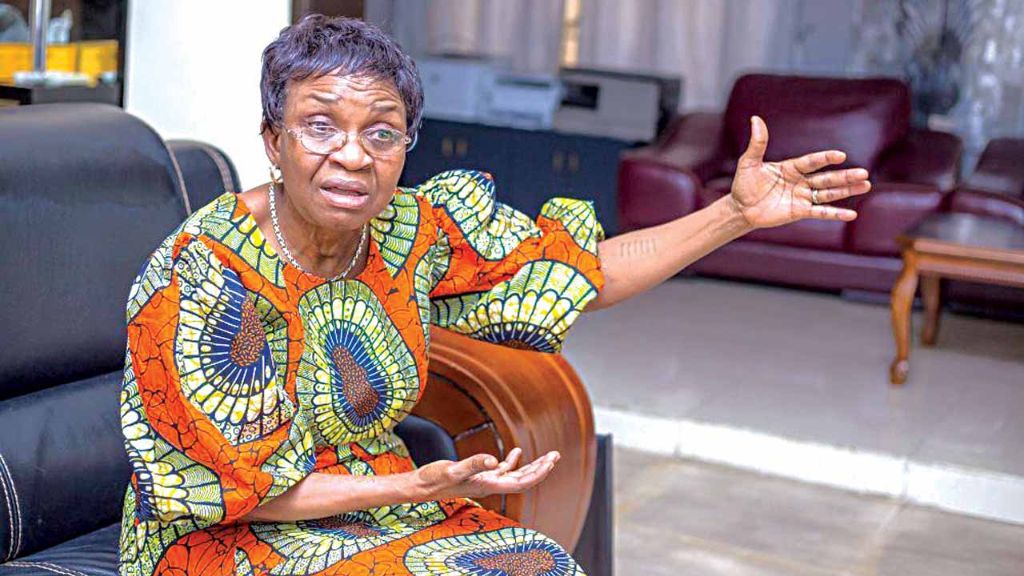The Director General of the National Agency for Food and Drug Administration and Control (NAFDAC), Professor Mojisola Adeyeye, has called for robust and transparent regulation of psychotropic medicines in Nigeria, stressing that this is vital to ensuring safe, accessible, and stigma-free mental health care for all citizens.
Speaking at Vanguard’s 3rd Mental Health Summit in Lagos on Friday, Prof. Adeyeye stated that safeguarding mental well-being requires not only access to care but also strong oversight of controlled substances to prevent misuse and protect public trust.
“Mental health is a state of mental well-being that enables people to cope with the stress of life,” she said. “NAFDAC’s mission goes beyond regulation; it’s about protecting lives.”
Highlighting stigma as a major barrier to mental health care, Adeyeye noted that millions of Nigerians avoid treatment for conditions like depression and anxiety due to fear of judgement or misinformation.
“People run away from drugs for mental illness because of stigma,” she said. “There are effective medications, but fear and shame prevent people from seeking help.”
She emphasised that mental health is a basic human right and urged that no Nigerian should be denied care or made to feel ashamed for seeking it.
Adeyeye warned that poor regulation of psychotropic substances can lead to abuse and public health crises, while effective regulation ensures that medicines remain safe and available to those in need.
READ ALSO: NAFDAC trains staff to enhance export readiness under AfCFTA
“Poor regulations can lead to drug abuse and misuse. Strong regulation ensures safety,” she added.
To this end, NAFDAC has launched awareness programmes such as Catch Them Young, which educates schoolchildren across Nigeria on drug abuse, mental health stigma, and the importance of early intervention. The agency also partners with faith-based organisations and community leaders to promote a stigma-free environment.
She reaffirmed NAFDAC’s commitment to science-based, transparent regulation and called for greater inter-sectoral collaboration to improve mental health outcomes nationwide.
Mental illness remains one of Nigeria’s most under-addressed public health challenges. According to the World Health Organisation, nearly one in four Nigerians — around 50 million people — live with some form of mental illness, yet less than 10 per cent receive treatment.
Adeyeye concluded by calling for a national commitment to destigmatising mental health, improving access to quality care, and ensuring every Nigerian has the support they need to live mentally healthy lives.



